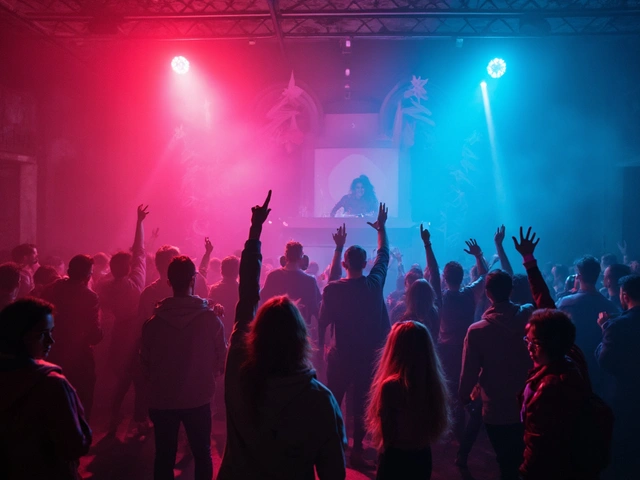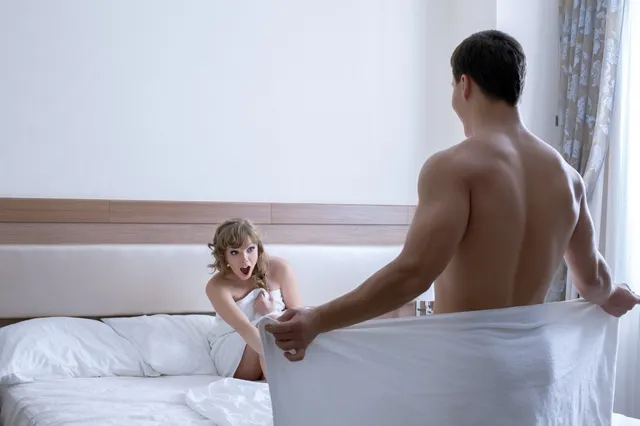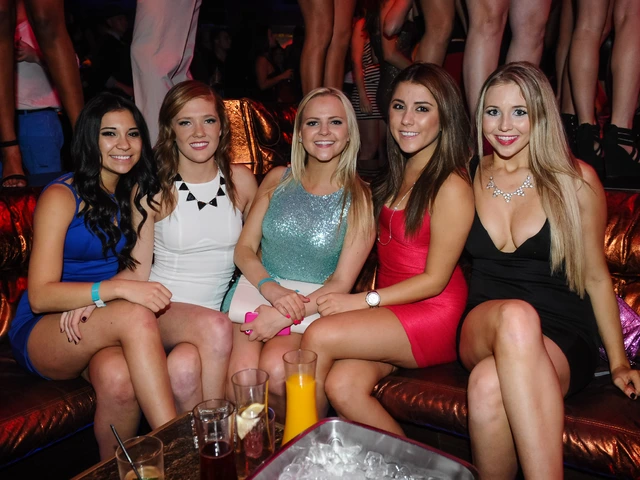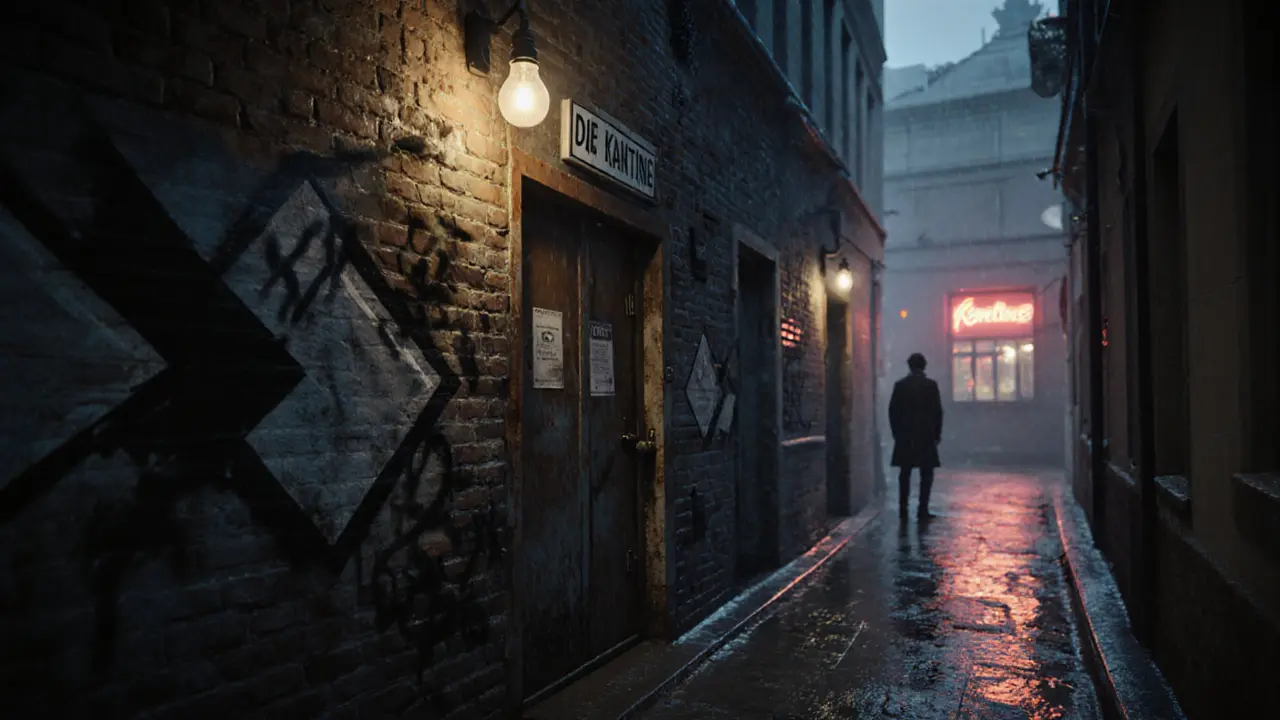
Most tourists in Munich stick to the same three spots: Hofbräuhaus, Viktualienmarkt, and the beer gardens along the Isar. But if you’ve been there, done that, and still want to feel like you’re living like a local after dark, you’re missing out. The real magic of Munich’s nightlife doesn’t happen in the big, crowded halls with English menus and tourist prices. It happens in basements, behind unmarked doors, and in rooms where the only sign is a single lightbulb flickering above a narrow staircase.
What makes Munich’s hidden nightlife different
Munich isn’t Berlin. It doesn’t have 24-hour clubs blasting techno in abandoned factories. But that’s not a weakness-it’s the point. The city’s underground scene thrives on intimacy, authenticity, and a quiet kind of rebellion. You won’t find bottle service here. You won’t see VIP ropes. What you’ll find are people who care more about the music, the conversation, and the vibe than the Instagram post.
These places don’t advertise. They don’t have websites. Many don’t even have social media. They survive on word of mouth, repeat customers, and the kind of loyalty you can’t buy. If you show up looking for a party, you’ll leave confused. If you show up looking to listen, to talk, to linger-you’ll find exactly what you didn’t know you needed.
Die Kantine - The basement bar that doesn’t exist
Walk down the narrow alley behind the Hauptbahnhof, past the graffiti-covered wall with the faded arrow pointing left, and you’ll find a rusted metal door with no name. Knock three times. Wait. The door opens just enough for a pair of eyes to check you out. If you look like you belong, you’re in.
Die Kantine is a 30-person basement bar run by a former jazz drummer and his ex-wife, who used to run a vinyl shop in Kreuzberg. The playlist? No two nights are the same. One night it’s 1970s Ethiopian funk. The next, it’s obscure German punk from 1982. The drinks? Simple. Beer from local microbreweries. A few house cocktails made with herbs from the rooftop garden. No menus. Just ask what’s good.
They don’t take reservations. They don’t have a cover charge. And they close when the last person leaves-sometimes 5 a.m., sometimes 2 a.m. The only rule: no phones on the table. If you’re taking a selfie, you’re already leaving.
Der Kleine Kater - The cat-themed bar with no cats
Don’t let the name fool you. There are no cats here. Not even a picture. The bar’s name comes from the old nickname for the neighborhood-"The Little Cat"-because the alleyways used to be full of strays in the 1950s. Now, it’s a 20-seat cocktail den tucked under a bakery in Schwabing.
The bartender, Lena, has worked here since 2011. She doesn’t follow trends. She doesn’t use edible flowers or smoke infusions. Her cocktails are built on three things: fresh citrus, seasonal herbs, and spirits she distills herself. Her signature drink, the "Schwabinger Nebel," is gin, elderflower, black pepper, and a splash of homemade walnut liqueur. It tastes like autumn in a glass.
They serve food, but only one thing: warm pretzels with house-made mustard. You can’t order anything else. You don’t need to. The place fills up around 10:30 p.m., mostly with locals who work in nearby design studios or teach at the university. Conversations are quiet. Laughter is low. And the music? Always vinyl. Always jazz. Always something you’ve never heard before.
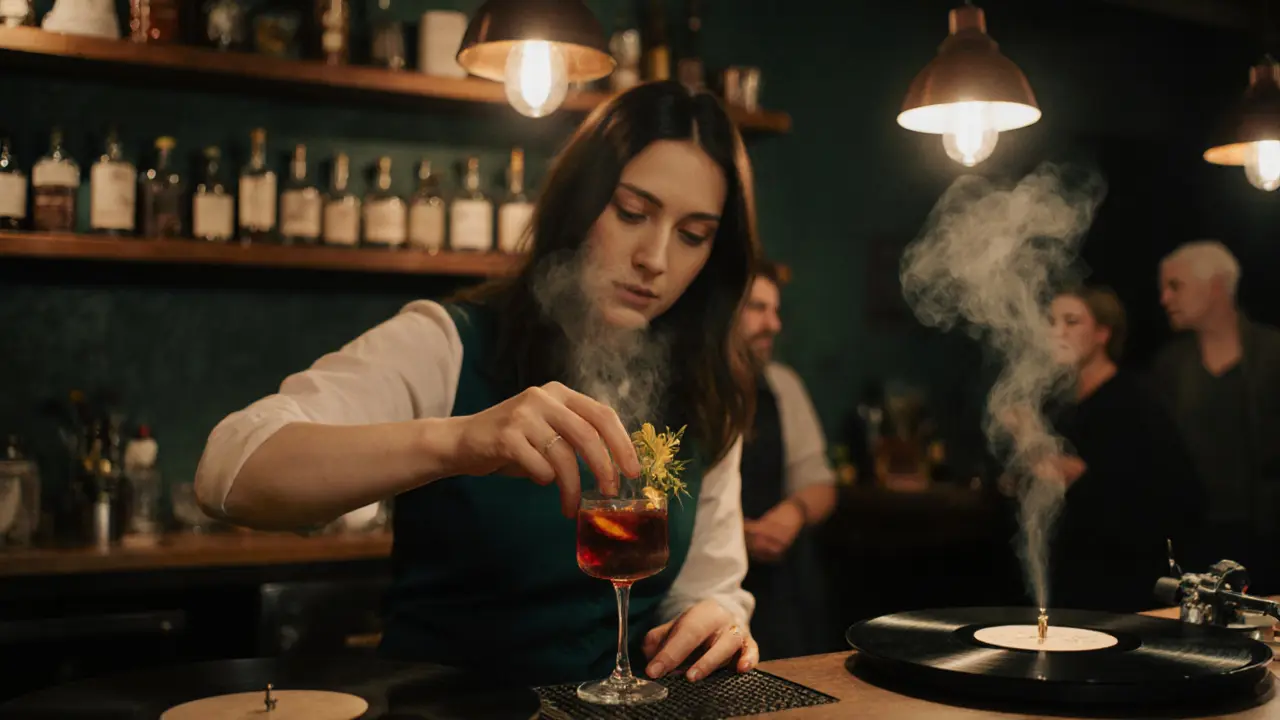
Wirtshaus am Platzl - The beer hall that doesn’t want you
Most people think the Platzl is just another tourist trap. And yes, the big beer halls there are packed with groups yelling "Prost!" and taking selfies with lederhosen. But tucked in the back corner of the same building, behind a heavy wooden door with a brass handle, is Wirtshaus am Platzl.
This is a 120-year-old Bavarian tavern that only opened to the public in 2018. Before that, it was a private club for local craftsmen and retired musicians. Now, it’s open to anyone-but only if you know to ask. No sign. No website. No Instagram. Just a handwritten note on the door: "Nur für Freunde und echte Biertrinker."
The beer here is served in traditional 0.5-liter steins, straight from the tap. No glassware. No fancy labels. Just five local brews, rotated weekly. The owner, Hans, still pours his own beer. He’s 78. He doesn’t speak English. He doesn’t care if you’re from New York or Tokyo. He cares if you know how to hold a stein.
Stay for the second round. He’ll start telling stories-about the war, about the old beer festivals, about the time he played accordion at a wedding in 1963. You’ll leave with a full stomach, a quiet mind, and a memory you won’t find on any travel blog.
Die Hölle - The bar that’s literally called "The Hell"
It’s not a joke. The sign really says "Die Hölle." And it’s not a goth club. It’s not a metal bar. It’s a tiny, dimly lit room in the Glockenbachviertel with mismatched chairs, a single record player, and a wall covered in handwritten notes from patrons over the last 15 years.
Every night, a different local musician or DJ spins records. One night it’s Brazilian bossa nova. Another, it’s ambient soundscapes from the 1990s. The bar doesn’t have a liquor license, so they serve only beer and wine. The owner, a former art student, runs it out of love, not profit. He doesn’t care if you’re rich or poor. He just wants you to sit down, listen, and stay a while.
There’s no cover. No drinks menu. Just a chalkboard with three beers listed in German. Ask for "das dunkle." It’s a dark lager brewed by a guy who lives three blocks away. He brings it in every Thursday.
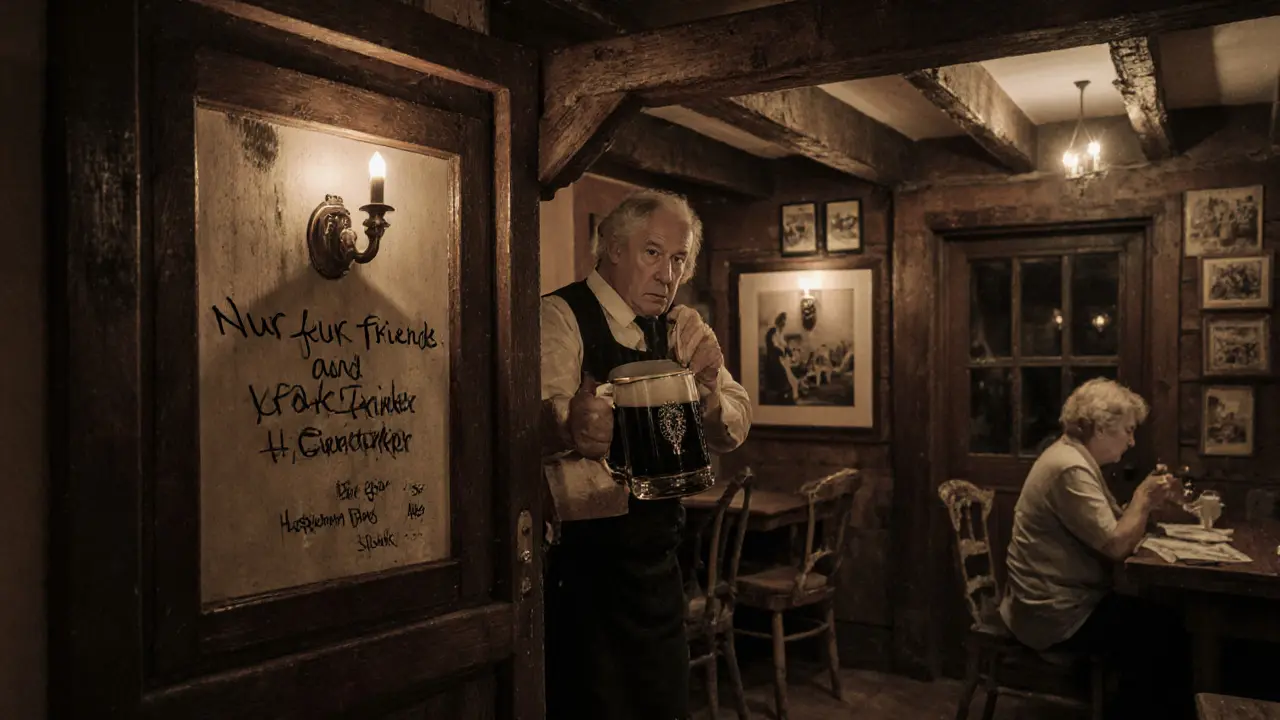
How to find these places without a guide
You won’t find these spots on TripAdvisor. You won’t see them on Google Maps. But you don’t need a guide-you need a method.
- Walk away from the main squares. Head toward the neighborhoods where locals live: Schwabing, Glockenbachviertel, Haidhausen, and Neuhausen.
- Look for places with no signage, or just a small, faded sticker on the door.
- Ask the bartender at a quiet, local pub: "Wo geht’s nachts noch richtig los?" (Where does it really get going at night?)
- Visit a local bookstore or record shop. Ask the owner where they go after work.
- Go on a Tuesday or Wednesday. That’s when the real regulars show up.
Don’t rely on apps. Don’t follow influencers. The best nights in Munich’s underground happen when you’re not looking for them.
What to expect-and what not to expect
These places don’t serve fancy cocktails with edible gold leaf. They don’t have neon signs or DJs spinning Top 40 hits. You won’t find a line out the door. You won’t get served by someone wearing a bowtie.
What you will find:
- Real conversation. No one’s checking their phone.
- Music that surprises you. Not what’s trending.
- Beer brewed by someone you could meet at the bakery the next morning.
- A sense of belonging-not because you paid for it, but because you showed up respectfully.
And if you’re lucky? You’ll leave with a name. Not of the bar. Of the person who poured your drink. And maybe, if you come back next week, they’ll remember you.
Why this matters
Munich’s hidden nightlife isn’t about being edgy. It’s about being present. In a world where everything is curated, marketed, and optimized for attention, these places are a quiet act of resistance. They exist because people still value connection over content, silence over noise, and authenticity over aesthetics.
When you walk into one of these spots, you’re not a tourist. You’re a guest. And if you treat it that way-listen more than you speak, stay longer than you planned, leave your phone in your pocket-you’ll walk out with more than a memory. You’ll walk out with a piece of Munich that most people never get to see.
Are these hidden bars safe for solo travelers?
Yes. These places are among the safest spots in Munich at night. They’re small, well-known to locals, and run by people who’ve been there for years. The vibe is calm, not chaotic. Most regulars are professionals, artists, or retirees-not partygoers. Just use common sense: don’t arrive drunk, don’t take photos without asking, and respect the space. If you’re polite, you’ll be welcomed.
Do these places accept credit cards?
Most don’t. Cash is king. Bring euros-preferably small bills. Some places have a small ATM nearby, but not always. Die Kantine and Die Hölle only take cash. Wirtshaus am Platzl accepts cards now, but only if you ask. Der Kleine Kater is cash-only. It’s part of the charm. No digital traces, no receipts, just a quiet exchange.
What’s the best time to go?
Go between 9:30 p.m. and 11 p.m. That’s when the regulars arrive and the vibe settles in. If you show up at midnight, you’ll miss the magic. If you show up at 2 a.m., you might find the last person still there-and they’ll tell you the best story of the night. Don’t rush. These places aren’t open for hours. They’re open for moments.
Can I bring a group?
Small groups of 3-4 people are fine. Anything bigger and you’ll overwhelm the space. These places are intimate by design. Die Kantine holds 30 people max. Der Kleine Kater has 20 seats. If you show up with six friends, you’ll be turned away-or worse, you’ll ruin the atmosphere. Go light. Go quiet. Go to listen, not to dominate.
Are there any dress codes?
No dress codes. No lederhosen, no heels, no suits. Just wear what you’d wear to a quiet dinner with a friend. Clean, comfortable, and respectful. The only thing they care about is how you treat the space-not what you’re wearing.
If you’re looking for the real Munich after dark, skip the tourist traps. Walk the quiet alleys. Ask the right questions. And let the city reveal itself to you-not the other way around.

